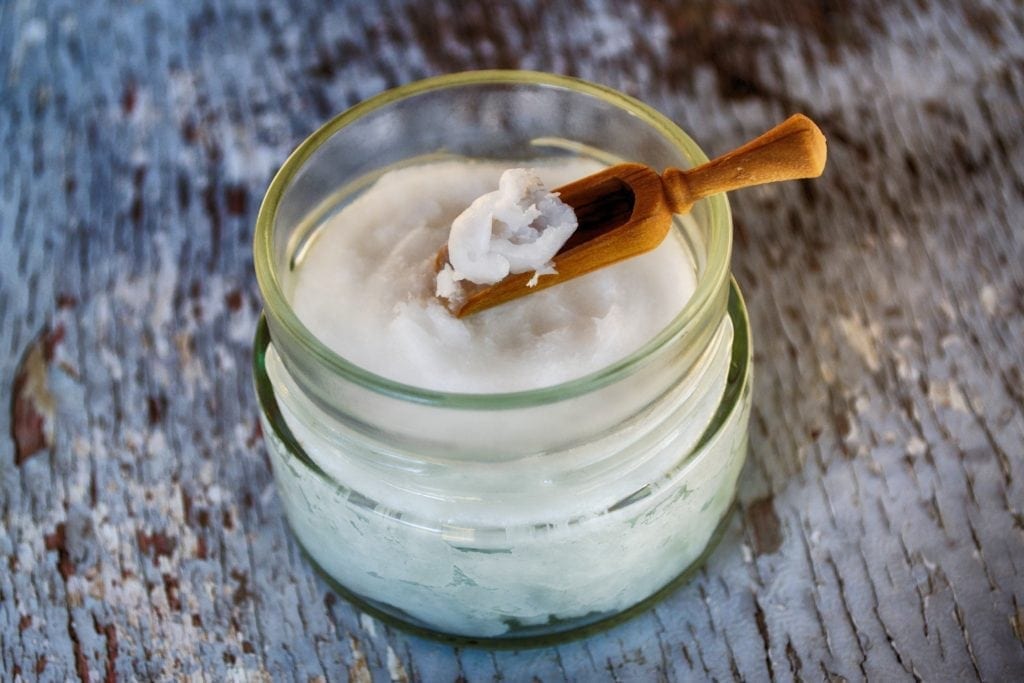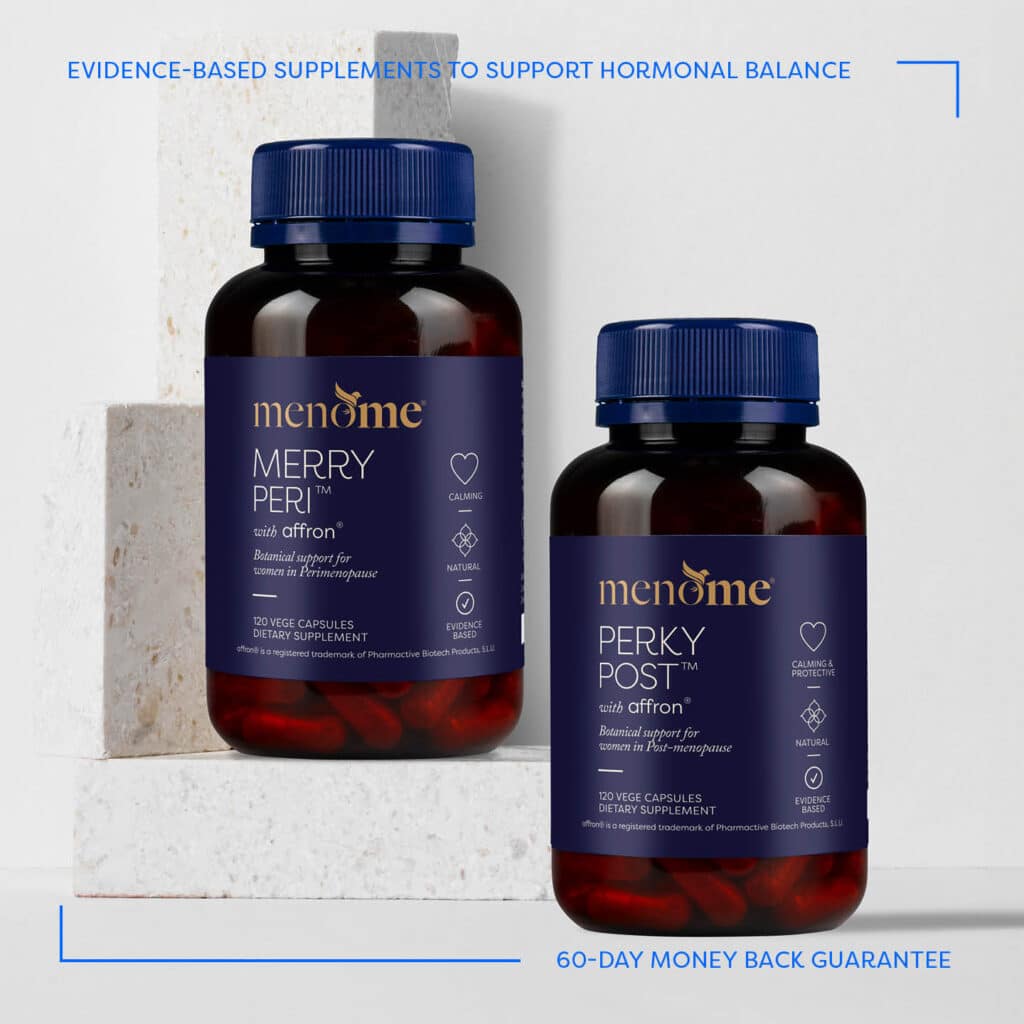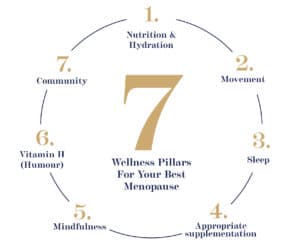It’s bath time! Splish splash.
Stress + bath = de-stress = equals happy hormones.
When it’s the cooler season indulging in a soak in a warm bath is not only therapeutic, it’s a sleep enhancer and feel-good exercise too.
Add in some Epsom salts or Magnesium Chloride Flakes and you’ll get an inexpensive and effective magnesium boost as well.
Plus, it’s adding the self-care to your day that is so necessary for Meno-She’s. It’s a brilliant nerve relaxer and the last thing we need is ongoing stress (a little bit is OK) as it causes the adrenal glands to secrete the stress hormone cortisol, which can then manifest as tummy fat.
Making your bathroom a private spa is a little like taking a mini-break and right up there with doctors orders – or should we say menopause coaches orders. Sound good? Here’s some info to back that up. (You’re welcome!)
Why add Epsom salts to your tub?

Something like three-quarters of us are not getting our optimum magnesium quota. Epsom salts (which contains magnesium sulphate) help up our levels transdermally. And it’s such a lovely way to top up, why wouldn’t you?
Magnesium is an essential mineral and a few preliminary studies have found that adding salts to your bath water may help with muscle relaxation, inflammation, rheumatoid arthritis and osteoarthritis as well as upping your magnesium levels.
Add one to three cups of salts or flakes to your bath.
5 signs of magnesium deficiency
Muscle Twitches and/or Cramps
Muscle cramps can be a common effect of not enough magnesium. Researchers think this might be because calcium is flowing into the nerve cells in a big way. If the problem persists despite a magnesium dose, check in with your doctor as you may be having cramps for other reasons.
Muscle Weakness
According to Healthline, scientists believe this is caused by the loss of potassium in muscle cells, which is associated with magnesium deficiency.
Weak Bones
Low levels of magnesium, along with ageing, the meno years, lack of exercise and vitamins D and K can affect your bones. A lack of magnesium also lowers calcium levels, one of the building blocks of bones. That’s why we include vitamin D3 and K2 in Perky Post® for bone strength and to increase calcium absorption.
Flu-like Signs
You may feel tired, weak, nauseous and have no appetite and put it down to the ‘flu or extreme menopause signs when in actual fact you need a magnesium boost. Try the bath booster and some supplements. If your symptoms don’t go away get thee to the doctor.
Trouble Sleeping
While it may be true that you’re having trouble sleeping due to the hormone fluctuations of perimenopause, less than optimum levels of magnesium could also be contributing. Try the bath and see if that improves thing
Add essential oils

Bath time can be made all the more pleasurable with beautiful smells. A lot of the chemical-laden personal-care products contain endocrine disruptors which muck with our estrogen levels. So it’s a good idea to add only natural perfumes such as fragrant essential oils.
Sprinkle a few drops for a gorgeous scent, and don’t discount the physiological and psychological benefits either. Here are a few of my faves:
- Rose: reduces cortisol (the stress hormone)
- Sweet orange oil: reduces anxiety
- Bergamot: relaxes
- Lavender: relaxes and lowers cortisol
- Frankincense: reduces stress and negativity, helps balance hormones and is a good sleep aid
Try this recipe:

- One (to three) cups of Epsom salt or magnesium chloride flakes with ½ cup of Himalayan salt
- Two to three drops of your favourite essential oil
- One to two tablespoons of EVOO (extra virgin olive oil) – I throw this in for its skin softening and hydrating properties because the menopause years can cause skin dryness
Mix together and soak away, read a book, listen to music, just bliss out.
Enjoy your bath time. In fact, diarise it right now so you don’t miss out. And for extra help with sleep and de-stressing don’t go past Merry Peri® and Perky Post® below.









